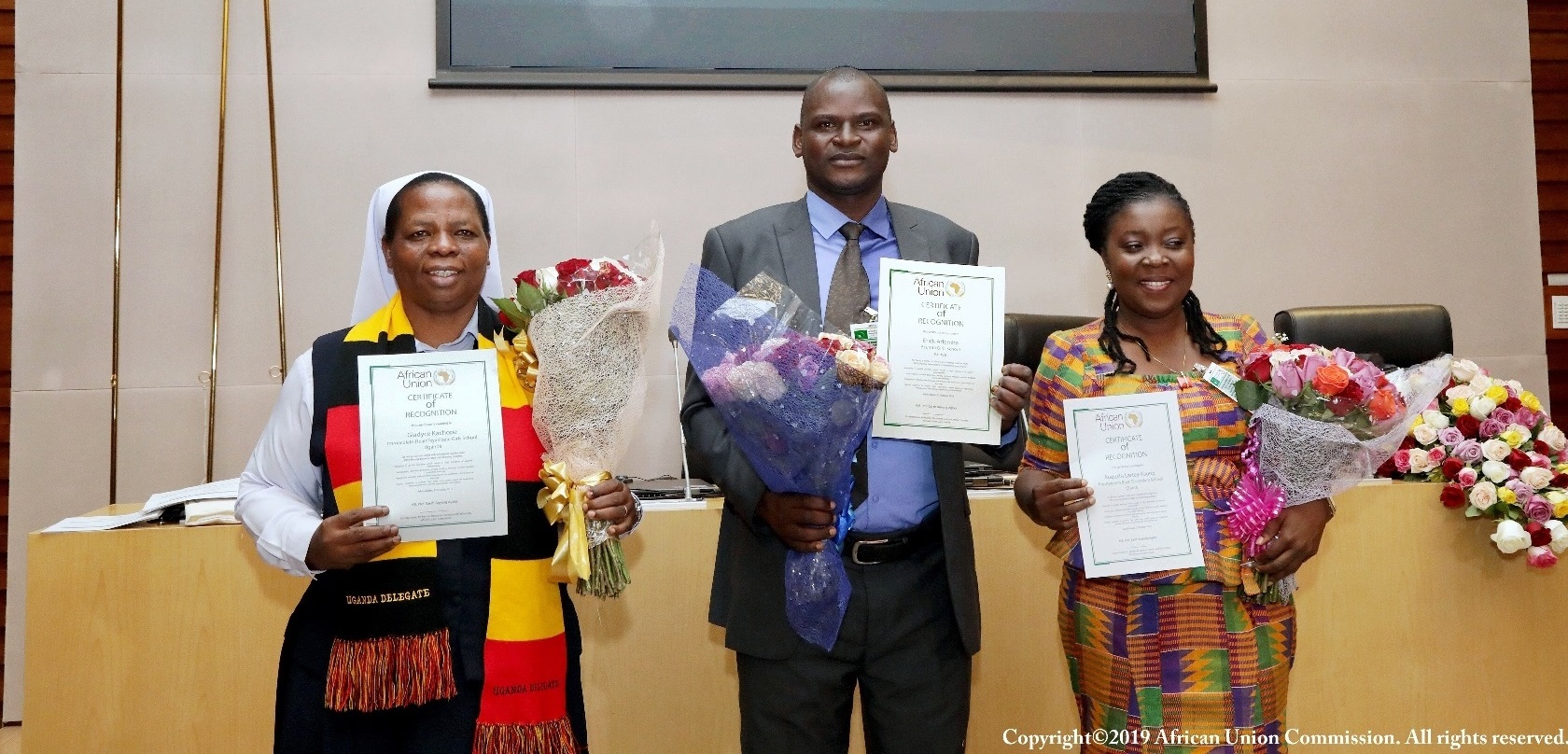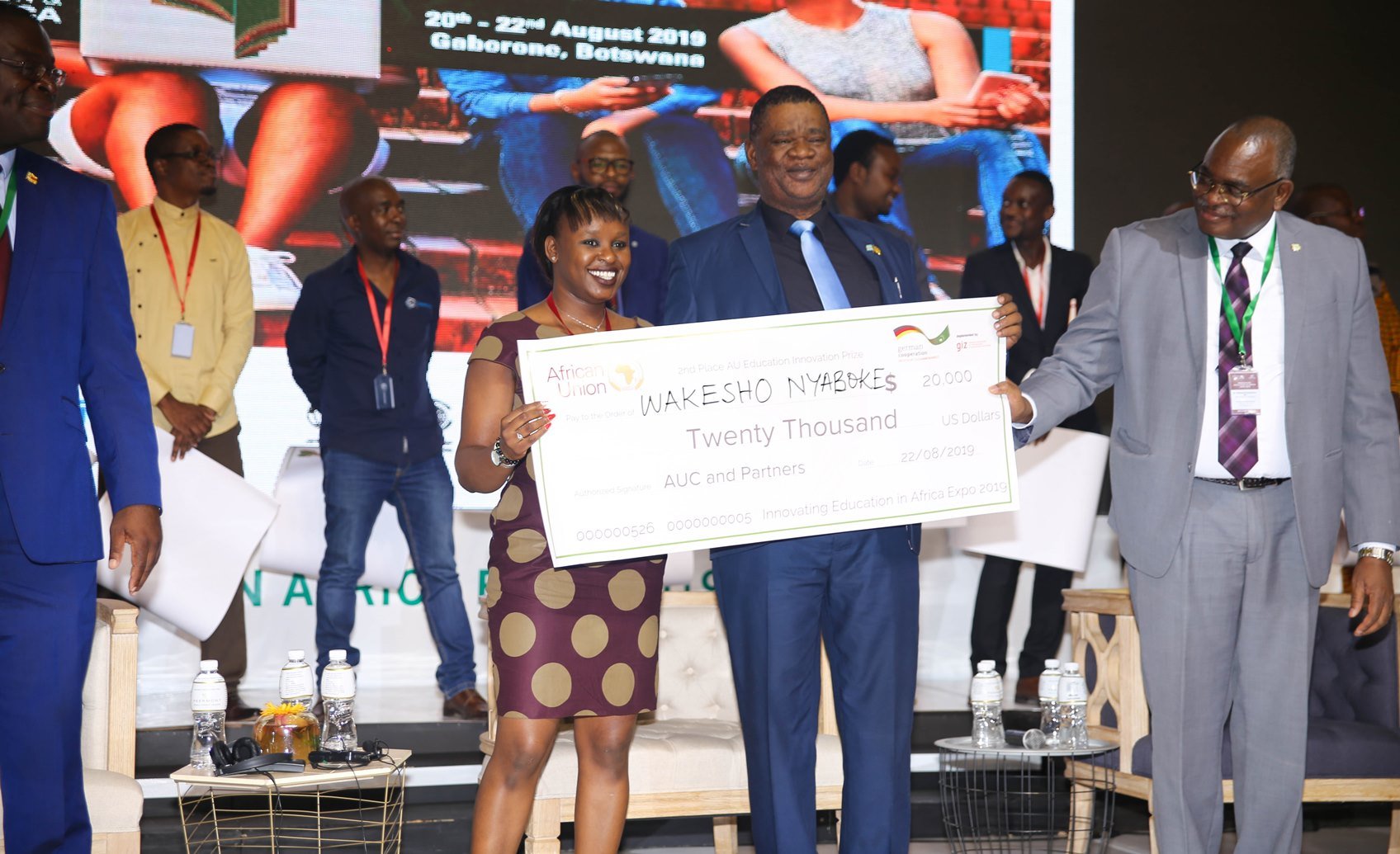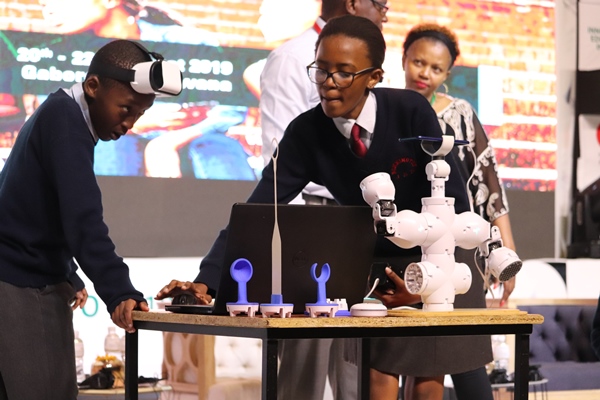Title of Innovation: Remote Areas and Community Hotspot for Education and Learning
Year of implementation: 2015
Implemented by: World Possible
Country/Countries where the Innovation is being implemented: Burundi, Ethiopia, Ghana, Kenya, Malawi, South Africa, Tanzania, Uganda, Zambia
Problem being solved
More than 52% of the population is offline(not accessing internet). For this reason, world possible innovate offline digital library for schools and community in order to bridge the gap of accessing best educational materials and knowledge between the online population and offline population.
Description of innovation
Our offline digital library is also called RACHEL(Remote Areas and Community Hotspot for Education and Learning).
RACHEL is a server that is small in size (10cm by 10cm by 2cm)and weigh with less than one kilogram of weight.
RACHEL connects to other smart devices such as phone, tablets, computers, laptop, through wired or wireless(Wi-Fi). Our learning resources are stored in the Rachel internal hard disk drive of 500GB -1TB storage capacity. This means that this offline digital library can store thousands of learning videos, millions of articles and documents and webpages.
Outcomes and Impact
Our innovation improves learning and teaching in schools as students can easily access learning information and teachers can simplify their work by facilitating learning rather than be the only source of information
Our innovation gives life to dusty, unused computer laboratory by turning them into active and life long sustainable lab.
Potential to be scaled and replicated
Innovation is upscaled by looking for funds to supply in many more schools. We also sell the device to schools and Learning community. One device is at $600 per unit.
We can also replicate by getting partners in local community who can research and prepare local contents that will make the digital library customised.
We sustain the innovation by selling the server and train teacher for small fees. We also do hardware maintanance. We also place volunteers to get volunteering experience in community that we install Rachel.

















